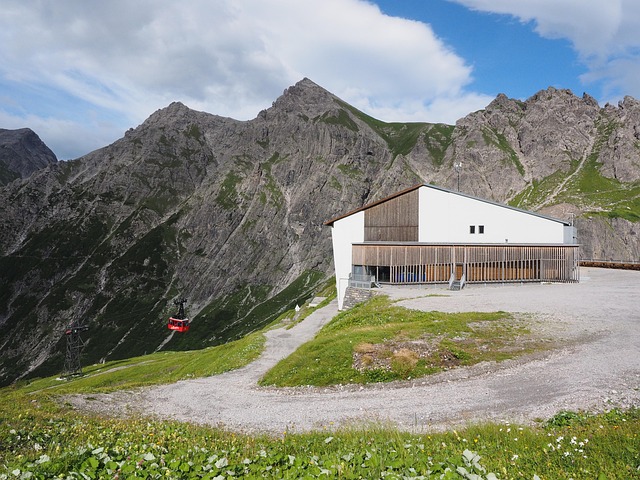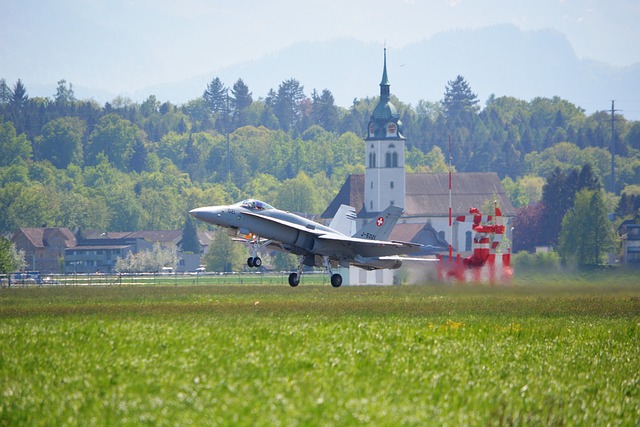Real estate developments that prioritize community and diversity foster international friendships and cross-cultural understanding, acting as powerful global catalysts. Projects like shared residential complexes and mixed-use neighborhoods bring people from different backgrounds together, promoting a sense of belonging and strengthening diplomatic ties between nations. These initiatives, through inclusive planning and cultural exchange, leave lasting legacies of cooperation, enhancing local economies and transcending borders.
In a world where borders often divide, real estate has emerged as an unexpected bridge builder, fostering unity between nations. This article explores how local communities play a pivotal role in international relations through strategic property development and partnerships. We delve into successful cross-border projects that have created harmonious coexistence, offering valuable lessons for uniting nations through shared spaces. From collaborative residential initiatives to mixed-use developments, real estate becomes the canvas for fostering friendship and understanding across borders.
Uniting Nations Through Real Estate: Building Bridges of Friendship

In today’s interconnected world, real estate has emerged as a powerful tool for fostering international friendships and strengthening community bonds between nations. By investing in properties and developing communities across borders, individuals and organizations are creating spaces where people from different cultural backgrounds can come together, interact, and build lasting relationships. This phenomenon is particularly evident in cities where diverse populations coexist, offering unique opportunities for cross-cultural exchange.
Real estate projects that focus on community development and inclusive spaces have the potential to bridge gaps between nations. Whether it’s a shared residential complex or a vibrant mixed-use neighborhood, these initiatives bring people from various ethnicities, backgrounds, and beliefs together, fostering a sense of belonging and understanding. As these communities thrive, they become living testaments to the power of friendship and cooperation between nations, leaving lasting legacies that transcend borders.
The Role of Local Communities in International Relations

Local communities play a pivotal role in shaping international relations, acting as bridges between nations and fostering understanding. In today’s interconnected world, where global issues demand collective action, these grassroots efforts are more significant than ever. When communities actively engage with international partners, they create a foundation for robust diplomatic ties. This engagement often manifests in various ways, such as cultural exchanges, joint community projects, or even simple day-to-day interactions that break down barriers and promote tolerance.
In the context of real estate, this community involvement can be particularly impactful. Local residents can welcome international investors and residents, ensuring a smooth transition and fostering a sense of belonging. Moreover, community initiatives like developing shared spaces, organizing cultural events, or creating multilingual resources contribute to a welcoming atmosphere. These efforts not only enhance cross-cultural relationships but also have economic benefits, attracting businesses and tourists alike, and thereby strengthening the local economy.
Creating Harmonious Coexistence: Lessons from Cross-Border Projects

In today’s interconnected world, fostering harmonious coexistence between communities across borders is more important than ever. Cross-border real estate projects serve as powerful catalysts for cultural exchange and understanding. These initiatives bring people from different nations together, allowing them to collaborate, learn from each other, and build shared spaces that transcend geographical divides. By integrating local traditions, architecture, and landscapes into these developments, communities can create a sense of belonging and mutual respect.
Successful cross-border real estate ventures often involve community engagement and inclusive planning processes. Locals are actively involved in decision-making, ensuring their needs and aspirations are reflected in the design and development. This collaborative approach fosters a shared ownership of the space, promoting peace and prosperity for generations to come. Lessons from these projects highlight the transformative power of open dialogue, cultural sensitivity, and mutual benefit in bridging gaps between nations.






